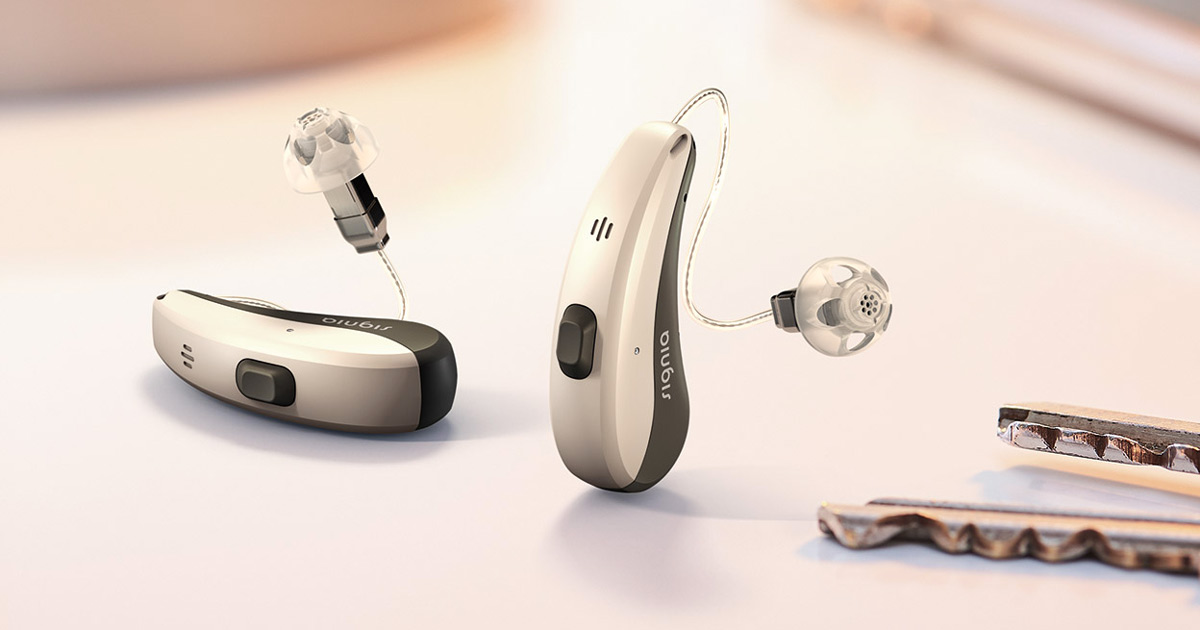Welcome to an exciting exploration of the future of hearing aids! In this article, we will delve into groundbreaking advancements in audiology that are revolutionizing the way we address hearing loss.
Say goodbye to the limitations of traditional hearing aids as we unveil cutting-edge technologies and innovative approaches that promise to transform the lives of individuals with hearing impairments.
Join us on this journey as we uncover the future of hearing aids and their incredible possibilities.
The Emergence of Personalized Hearing Solutions
Before diving into the future, let’s take a moment to understand the challenges faced by individuals with hearing loss. Hearing loss affects millions of people worldwide, impacting their communication abilities and quality of life.
Traditional hearing aids have been the go-to solution for many, but they come with limitations. These devices often amplify sound without addressing the specific needs and nuances of different hearing impairments, leaving room for improvement.
-
Adaptive Sound Processing And Tailoring Sound to Your Needs
Modern hearing aids are moving towards personalized solutions with adaptive sound processing technologies. These advanced devices use artificial intelligence (AI) algorithms to analyze and understand individual hearing profiles. By automatically adjusting to specific listening environments, they optimize sound quality for enhanced speech comprehension and reduced background noise.
The integration of AI allows hearing aids to learn from user preferences and adapt accordingly, resulting in a more customized and comfortable listening experience.
-
Teleaudiology: Breaking Down Barriers
Teleaudiology, providing audiological services remotely, has gained momentum in recent years. With the help of internet connectivity and telecommunication tools, individuals can now access hearing assessments, fittings, and follow-up appointments from the comfort of their homes.
This approach eliminates geographical barriers and ensures continuous care and support for those who have difficulty traveling to hearing clinics. Teleaudiology is set to play a significant role in the future of hearing aid services, enhancing accessibility and convenience.
Implantable Hearing Devices: A Paradigm Shift
The future of hearing aids goes beyond traditional external devices. Implantable hearing devices are emerging as a groundbreaking alternative. These devices are surgically implanted and directly stimulate the auditory nerve, bypassing damaged parts of the ear.
Cochlear implants, for example, have been transforming the lives of individuals with severe to profound hearing loss. They provide a higher sound perception and clarity level than conventional hearing aids. With ongoing research and development, implantable devices are set to become more sophisticated, offering greater benefits to those in need.
Conclusion
The future of hearing aids is bright and promising. From adaptive sound processing to teleaudiology and implantable hearing devices, breakthrough innovations are reshaping the landscape of audiology.
These advancements aim to provide individuals with hearing impairments a personalized and optimal listening experience while improving their overall quality of life.
As we bid farewell to the limitations of traditional hearing aids, it’s crucial to stay informed and consult with hearing healthcare professionals to explore the latest options available.
Embrace the future of hearing aids and the possibilities they hold, as we move toward a world where hearing loss no longer limits individuals from fully engaging in life’s vibrant symphony of sound.



